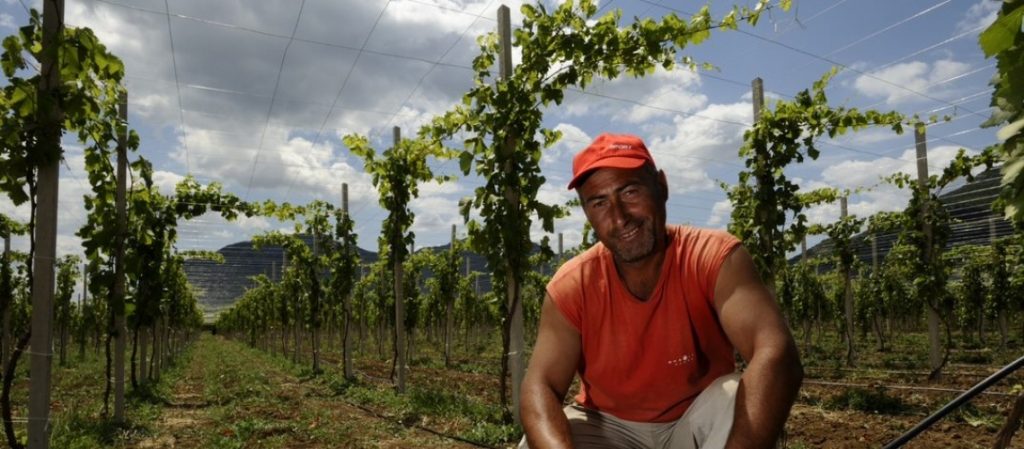Rural areas have been and will be subject to all kinds of economic, social and environmental shocks. The COVID-19 pandemic has not only highlighted certain specific weaknesses and risk factors but it has also shown that it is important to build up resilience more generally on all fronts. The geographical spread of the COVID-19 crisis is very spatially uneven, in many countries, especially in Europe, it is not only the large and densely populated urban areas that have been hit.
TACKLING THE UNDERLYING CHALLENGES TO RURAL RESILIENCE
Rural areas are challenged by long-running pressures. This makes them particularly exposed to abrupt changes or any kind of disaster. As they have long since faced prolonged perturbations due to peripheralization shocks such as natural hazards or economic recessions might irreversibly alter their development trajectories.

AGRICULTURAL SECTOR (HUNGARY)
The present COVID-19 emergency might represent a window of opportunity for rural places, which become attractive destinations for relocation. We must be aware that the very factors behind their progressive abandonment in many parts of Europe are precisely what makes them more vulnerable under a pandemic threat. Tackling these longterm challenges must, therefore, be an important ingredient of any strategy to strengthen rural resilience.
- Access to health services has become absolutely crucial these days
- The school system needs to be strengthened and innovated.
- The economic sectors most affected in this pandemic employ more female than male workers. And, the closure of schools has increased childcare responsibilities, the burden of which traditionally falls more on women.
- Other vulnerabilities of the job market are linked to some peculiarities of the rural context and of the agricultural sector
- Finally, the specialised economic structure of rural regions make them particularly exposed to COVID-19- related economic shocks.
BUILDING ON RURAL STRENGTHS
Containment measures might also open up new prospects for more remote areas as they are perceived as facilitating social distancing and being accessible by car thus avoiding public transport. Some small rural villages have developed place branding strategies aimed at grasping the opportunities coming from a more or less voluntary change in consumer preferences in the tourism and working fields.

Are rural areas equipped for this? An essential pre-requisite, and a priority policy-wise, is to reduce the digital divide and to reduce the dependency on cars. Ultimately contributing to a just ecological transition – innovative, environmentally friendly solutions for regional mobility systems should be considered. The structural problems mentioned need to be solved to compete with urban centres.
TOWARDS RURAL RESILIENCE
To adapt to change and resist the present crisis and possible future crises, rural areas have to speed up addressing the old, long-standing issues mentioned and counteract centrifugal forces. To improve living conditions in remote areas, policies are required to counter the forces pushing people out of rural areas and those pulling people into cities through a virtuous cycle of urban-rural interaction.
For more information click here.




